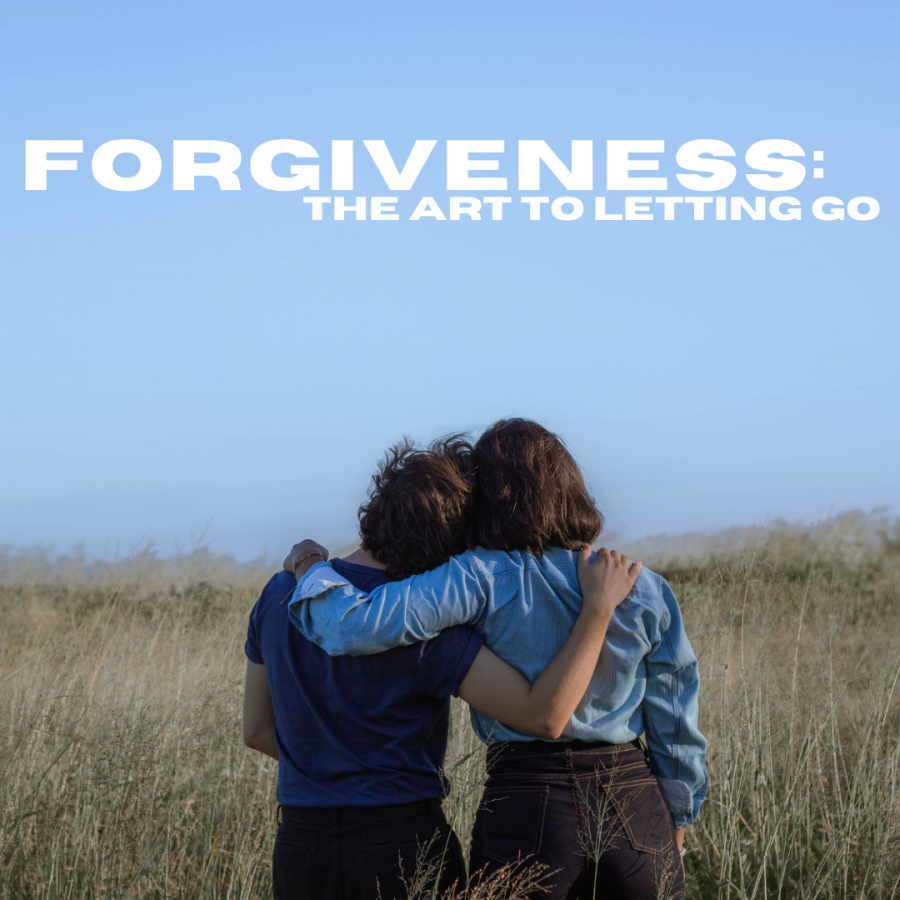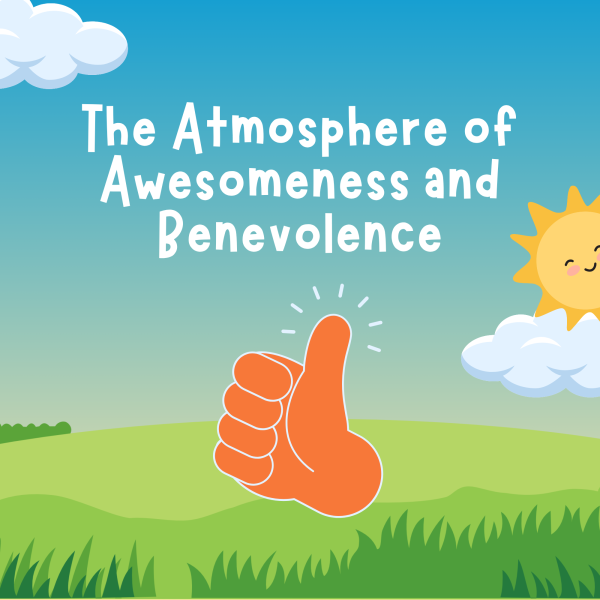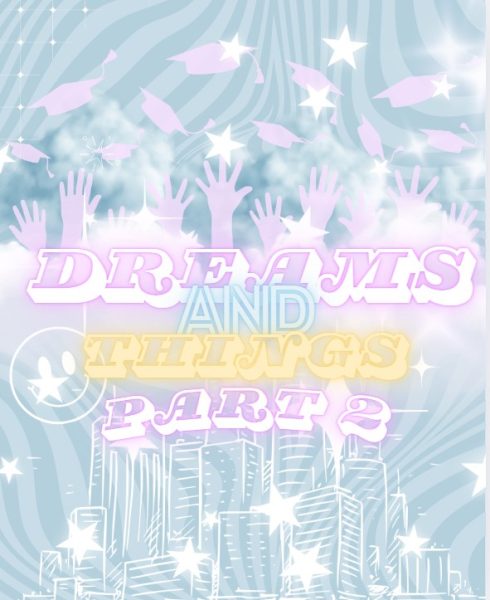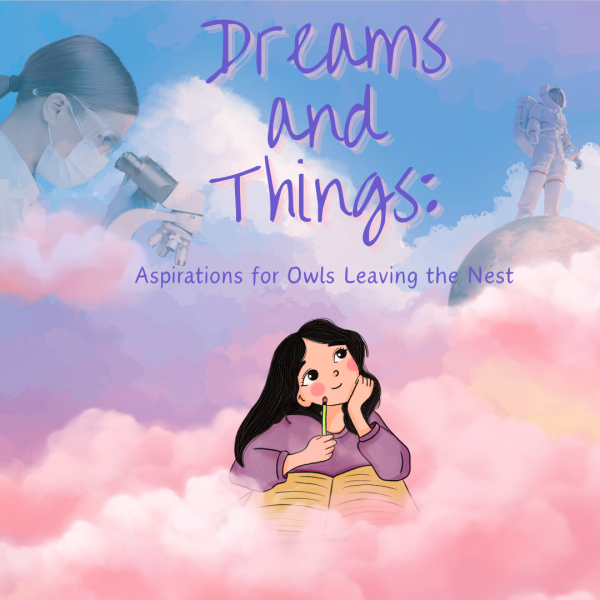FINDING FORGIVENESS IN THE RUBBLE
Advice From Juliana Mun and iUP on How To Forgive Even When It’s Hard
What Place Does Forgiveness Have?
Forgiveness is a concept that is hard to grasp.
Even as most of us are growing older and learning how to build relationships with people, we still run into conflict and are then left with the broken pieces of the fight. It’s confusing because you end up with questions like: What now? How should I go on with this?
And, though conflict resolution is a wonderful way to mend relationships, there’s also that unspoken emotional factor. Forgiveness. The point in the process where you gamble on whether or not that precious white flag of forgiveness is deserved.
Today we tackle the issue of conflict, forgiveness, and what it truly means to extend grace to people– even if they don’t do the same to you.
Mess To Clean
Conflict is messy.
It’s a blame game, a power struggle, and can even feel like you’re falling into a pit after being dropped by someone you trusted. It comes in all forms, all kinds of severity, and trying to find the true source of who was in the wrong can be like untangling knots in the necklace you found laying at the bottom of your bag.
In one word: It’s hard. This is why forgiveness is even harder. Most times, in order to be the bigger person, we have to forgive someone who was obviously at fault but hasn’t done much to make up for it.
So how is this fair? Why should you do something just to benefit them?
Forgive To Be Free
The answer came to me, not in an epiphany, but in the diffusal of a personal situation where I was having trouble forgiving someone who didn’t—in my opinion—deserve forgiveness. It also came to me through research and time spent dwelling on the psychology of why it’s better to forgive.
According to Harvard researchers, when you let go and forgive someone, it frees you. It unloads all the emotional baggage from your back and even if they may not have deserved it, you still feel closure from the situation. It makes it so you don’t have to keep mulling over it and working all the sides of the conflict through your brain until it hurts.
You just let it go.
And personally, forgiveness feels both liberating and like grace. No one on Earth can confidently say that they’ve been perfect all their life. You can’t say it either! People in your life have also extended grace upon you, have forgiven your wrongdoings when you haven’t deserved it and it’s your job to return the favor to someone else.
Even if they don’t appreciate it, at least you know you did the right thing. Having a kind heart, being the bigger person— it all sets you free from how pride and self-righteousness chain you down to the rubble you’re standing in
iUP’s Perspective on Peace
To give you a broader perspective on why peace and forgiveness matter, I interviewed some of our fellow students here at iUP. They are people just like you and me, who have learned through trials and tribulations about the power of forgiveness.
Emma Powell is a tenth-grade student and when asked about forgiveness she said, “Forgiveness doesn’t always come easily to everyone, especially when it’s the last thing you want to do. As people, we all struggle with forgiveness particularly when others don’t apologize for the things they’ve wronged us for.” She went on to comment, “[But] even though it can be difficult, forgiveness is so important because it allows us to grow and change into better people in realizing everyone makes mistakes including ourselves. By forgiving people, we can move on and not have to experience the burden of holding onto a grudge.”
With this eloquent response, Emma educates further that forgiveness can release all the heavy emotions holding us back from moving past an issue and even growing from it.
Another student, Makenna Horne, who is a Junior here at iUPREP added that “Holding on to something without forgiving the other person can not only negatively affect them, but it affects yourself in a negative manner as well.” Which backs up the claims about how toxic negativity can be to not only us but the people we’re fighting with.
Chloe Pittard, a loyal and supportive friend, gave her insight to conclude by commenting “Forgiving someone isn’t for them, but for you to choose to recognize they are human and imperfect. [This] gives them an opportunity to take a hold of that second chance, and do the right thing.” And there couldn’t be a more perfect way to give us another reminder that people, unless in impossible situations, can change. We just have to give them another opportunity to prove that, which is done with the gift of forgiveness.
Standing Amidst the Rubble
This all stemmed from an experience I had with a former friend a year ago.
You may ask if we’re still close and if we figured out our issues because this is an article with a happy ending… right? Well, yes and no. I considered this person to be my best friend and many of the things that she did to me were very hurtful. With careful consideration, I decided that those things she did to me were a sign that I couldn’t trust her nor continue to be close to her any longer.
This led to a conflicting aftermath of what should happen next. I had just lost a friend, which I had tried to swallow, but it still made me feel so awful. All the things she did plagued me for a week afterward, kept coming back to me and it was only when I finally forgave her that everything faded.
Our friendship wasn’t going to come back. We had already left on somewhat peaceful terms and the bridge between us had burned. But there I was, amidst the rubble, forgiving someone who may or may not have deserved it. It felt right. It felt healing. And I knew at that moment, that I had not only moved on from a page in my life but also had grown from it.
So the happy ending lies in the lesson. The lesson Chloe Pittard describes in one of her responses, “We forgive, no matter how hard it is, because we have also been forgiven. We are called to extend that grace to others.”
Grace is the first step to forgiveness.
So find it in the rubble and use it.
Sources:
The power of forgiveness. Harvard Health. (2021, February 12). Retrieved December 18, 2021, from https://www.health.harvard.edu/mind-and-mood/the-power-of-forgiveness
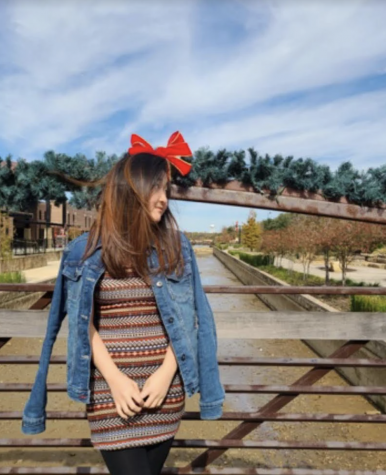
Hi, my name is Juliana Mun and I'm in tenth grade at iUniversity Prep. This is my first year at iUPrep. Some hobbies of mine are writing, shopping, and...


